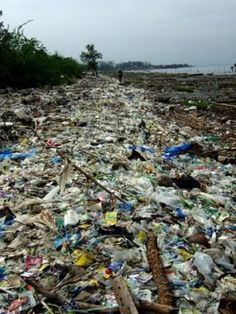he world’s largest land animal, the biggest fish, the bird with the greatest wingspan, the largest primate: all are sliding towards extinction at astounding speed. If we will not protect such magnificent species, what are we prepared to do?
In just seven years, 30% of Africa’s savannah elephants have been wiped out. The other African sub-species, the forest elephant, has crashed by more than 60% since 2002. Perhaps this month’s resolution to ban domestic sales of elephant tusks will make a difference, but governments have done so little to restrain the international trade that illegal ivory and other wildlife parts are are still sold on the surface web, rather than the dark web.
Last month the whale shark was classified as endangered. Some are still hunted deliberately for their meat and fins, and it seems that the revolting practice of live finning – slicing them off then dumping the shark overboard to die slowly – continues. Most are killed as bycatch in nets used to catch other species, especially tuna. Some fishing boats use whale sharks as markers (tuna tend to congregate beneath large objects), and deliberately cast their nets around them.
Their decline – whale shark numbers have halved or worse in 75 years – reflects the global loss of ocean life. Since 1996, the fish catch has fallen by one million tonnes a year, as stocks are exhausted. Sieving the seas for what remains, fishing fleets will trigger the collapse of entire ecosystems.

